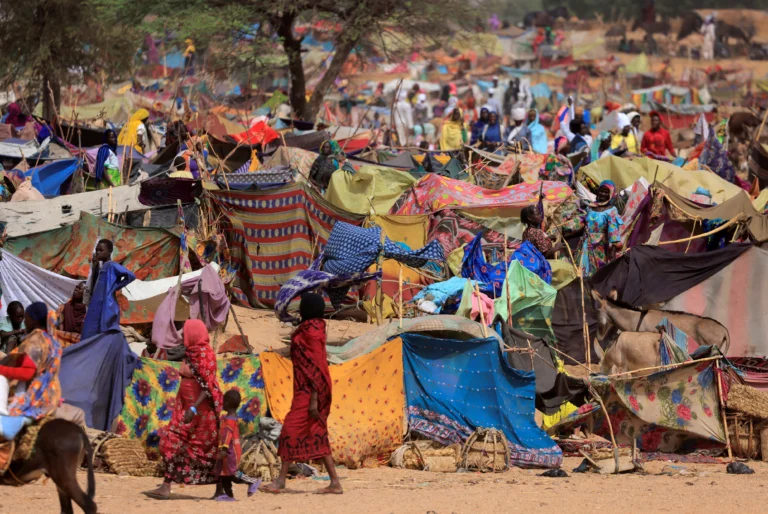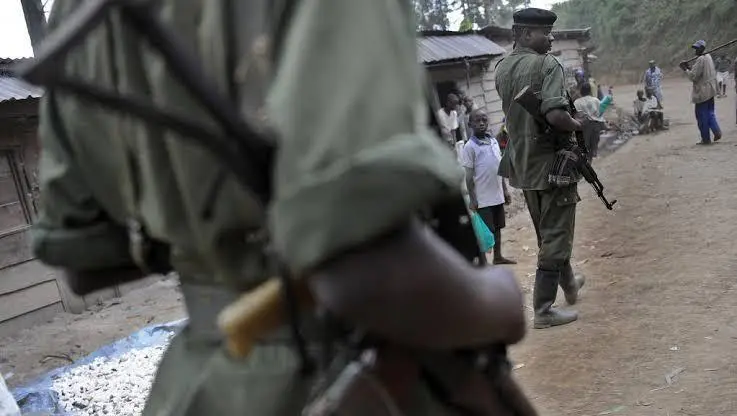Sudanese Refugee Crisis in Chad Reaches Breaking Point Amid Aid Shortfalls

Foto: File
June 30, 2025 Hour: 2:35 pm
The humanitarian situation for Sudanese refugees in Chad has reached a critical stage, with over 844,000 people having fled into the country since the outbreak of civil war in Sudan in April 2023.
According to the UN Refugee Agency (UNHCR), Chad now hosts nearly a quarter of the 4 million Sudanese refugees, making it the largest host country in the region.
In the past two months alone, more than 80,000 new arrivals have crossed into eastern Chad, fleeing attacks on displacement camps in North Darfur, including Zamzam and Abou Shouk. These assaults have killed over 300 civilians as of early June.
The UNHCR reports that 72% of newly arrived refugees have experienced serious human rights violations, including sexual violence, forced recruitment, and arbitrary detention.
Refugees like 68-year-old farmer Moussa Mansour Issa describe harrowing escapes. “We had to hide for three days because of the intense fighting,” he said after fleeing Zamzam camp.
Once in Chad, refugees face severe shortages of food, water, and shelter. “We have no food except what they give us,” said Mariame Ahmat Adam, a mother of six who arrived in April after a five-day journey.
The World Food Programme (WFP) has warned of growing hunger and malnutrition, especially among children. Without new funding, the agency says it will be forced to cut food assistance in the coming months.
The crisis has been exacerbated by a sharp drop in U.S. foreign aid. In 2024, the U.S. contributed $39.3 million to Chad’s emergency response. So far in 2025, that figure has dropped to just $6.8 million, according to UN data.
The UNICEF Flash Update confirms that 863,501 refugees and 306,865 Chadian returnees have been registered as of June 22, with 61% of refugees being children. The agency warns of a cholera outbreak risk and a 60% funding gap in its humanitarian operations.
The Chadian government has even considered closing its border with Sudan due to the overwhelming influx and lack of resources.
The WFP estimates it needs over $200 million to sustain its operations for Sudanese refugees across Chad, Egypt, Ethiopia, South Sudan, and other affected countries over the next six months.
As the crisis deepens, humanitarian actors are calling for urgent international support to prevent a full-scale catastrophe. “Sudanese refugees deserve protection and assistance, not further hunger and despair,” said Shaun Hughes, WFP’s Regional Emergency Coordinator.
Author: OSG
Source: DW-Africanews






